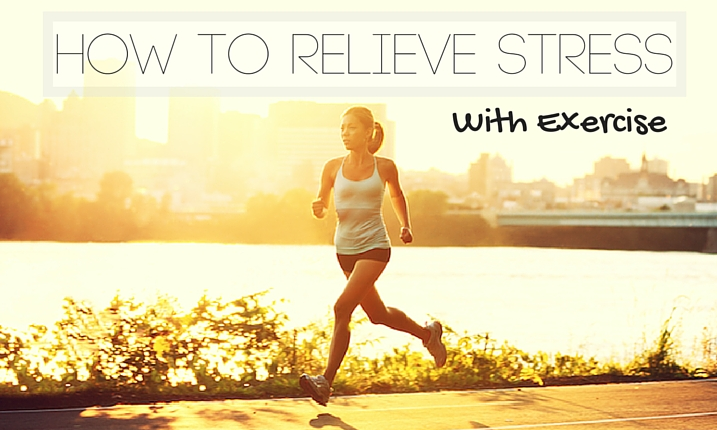
How Can Exercise Help Reduce Stress?
If you’re alive, you’ve got stress. Stress is a natural physical and mental reaction to an experience that can have both positive and negative impacts on your health. Your body responds to stress by releasing hormones and increasing your heart and breathing rates. Your brain gets more oxygen, giving you an edge in responding to a problem. In the short term, stress can be a good thing. It keeps us alert, motivates us, and can make us work harder. However, Chronic, long term, day in and day out stress can cause a variety of symptoms that can affect your overall health and well-being.
A Little About Stress
Stress comes in many shapes and sizes. Acute and chronic; social and physical stress, just to name a few. These stressors are categorised into either a psychological state of stress, or a physiological state of stress. One is the external stressors of life, such as that looming work deadline. The other is our internal state of stress, like when we get sick. It’s important to distinguish between the two as we can manipulate one, by manipulating the other.
How does our body react to stressful situations?
Our body’s stress response is designed to help us avoid dangerous, life threatening situations. This process is known as the “Fight or Flight” response. When we are exposed to a stressful situation our brain sends a signal to the adrenal gland to release adrenaline, which causes our blood pressure, heart rate and breathing rates to increase. Once adrenaline is released it then proceeds to act on the pituitary gland which triggers the release of cortisol (Stress hormone) into our immune system. Our brain will then make a judgement on whether the situation is an actual threat requiring action.
As humans we are unique in the fact that danger doesn’t have to be clear and present to illicit a stress response. We are able to create it ourselves. Our mind is so powerful that it can overreact to stressors that are not life-threatening, such as being stuck in traffic, work pressures or family difficulties. The good news is, just as we can create these stressful situations, we can also get ourselves out of them through movement and exercise.
How does exercise help control stress?
Exercise is a form of high-level physical stress, so when we participate, we start to trigger the stress response causing our body to release cortisol. This time however it is actually a good thing. By exercising regularly, you are training your body to deal with high physical stress better which ultimately teaches it to release less cortisol when faced with low day-to-day stressors.
The purpose of our fight-or-flight response is to mobilise us to act, so physical activity is the natural way to prevent the negative consequences of stress. When we exercise in response to stress, we’re doing what human beings have evolved to do for thousands of years.

